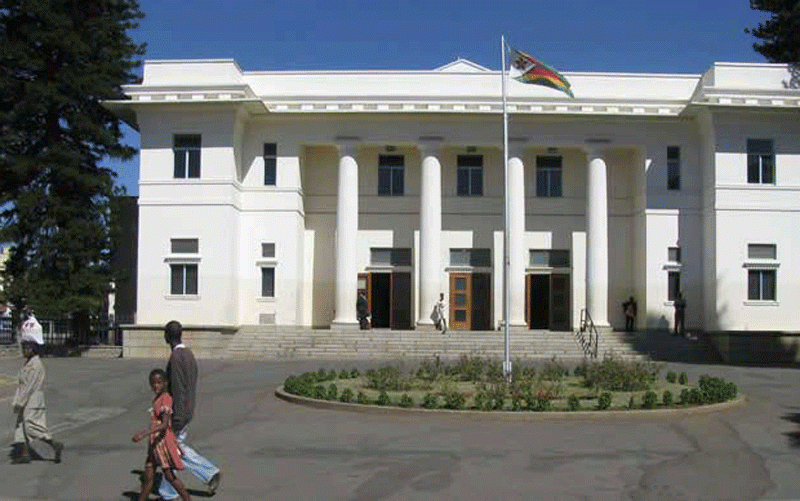The Bulawayo City Council (BCC) has allocated $14 million for the rehabilitation of the city’s road infrastructure, which has been suffering from deteriorating conditions caused by aging and insufficient maintenance due to limited resources. According to a Road Condition survey, approximately 80% of the city’s road network is in need of rehabilitation and reconstruction.
In 2021, the government initiated the Emergency Road Rehabilitation Programme (ERRP) to renovate roads nationwide. Bulawayo council members have expressed disapproval of the government-contracted firms involved in ERRP, citing subpar workmanship, and they believe the responsibility should have been entrusted to the local authority.
As part of the upcoming 2024 budget totaling US$264 million, the Bulawayo City Council has designated US$14 million for road improvement projects.
Bulawayo City streets to benefit from $14 million in rehabilitation funds.
Out of proposed budget for the Bulawayo City Council $14 million, the estimated costs for the rehabilitation of various streets are as follows: Lobengula Street at US$900,000, Fort Street at US$750,000, Herbert Chitepo Street at US$800,000, Steel Works road at US$5.85 million, and Matopos Road at US$2.75 million.
Additionally, other road projects slated for rehabilitation include Luveve Road with a budget of US$600,000, Maduma Road at US$650,000, Murchison Road at US$1.2 million, Fairbridge Way at US$680,000, and Wellington Road at US$325,000, among several others.
Nevertheless, residents who were interviewed by NewsDay recently expressed their lack of confidence in council budgets, and they accused the City Fathers of inadequate service delivery.
Effie Ncube, the spokesperson for the National Consumer Rights Association and a policy analyst, called on the City Fathers to enhance their service delivery. Ncube pointed out that last year’s budget fell short in addressing essential service delivery issues confronting Bulawayo, highlighting the dwindling ambulance and refuse collection truck fleet, as well as the aging water and sewer pipes due to overpopulation.
In response, it was emphasized that residents also have a responsibility to contribute by paying their bills, refraining from damaging council property, and avoiding littering to ensure the city has the necessary revenue for service delivery. It was stressed that improving the city requires the collaboration of all stakeholders.
The executive director of the Bulawayo Progressive Residents Association, Permanent Ngoma, expressed the community’s anticipation for positive changes from the newly inaugurated council members. Ngoma emphasized the need for the rehabilitation programs outlined by the BCC, particularly highlighting the necessity of road repairs.
Read also Construction of 120km Bulawayo-Old Gwanda Road Commences in Zimbabwe

